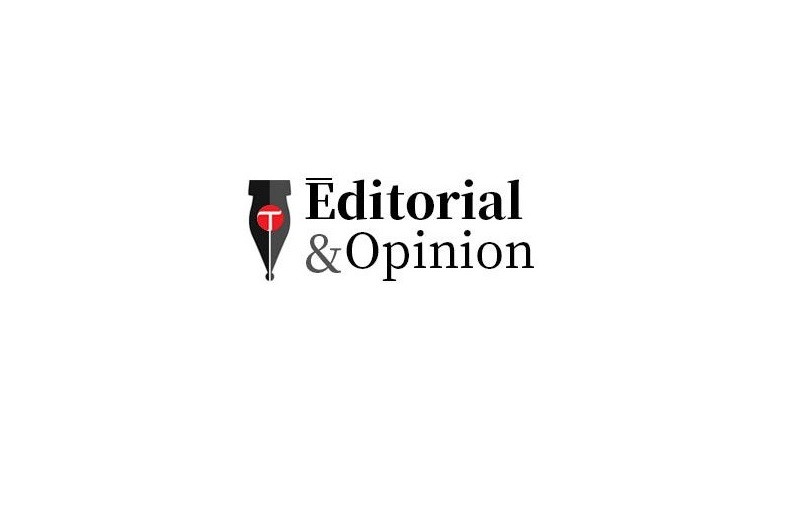
Pakistan has a long way to go towards achieving its goal of universal healthcare by 2030. The public healthcare system at federal and provincial levels has consistently been unable to meet the needs of the country’s rapidly growing population. That has resulted not only in unfavourable healthcare indicators, but also exacerbated levels of poverty.
One of the predominant challenges that have prevented the public healthcare system from adequately meeting the citizens’ health needs is a lack of public funding. Pakistan spends only 2.7% of its GDP on healthcare — significantly less than its neighbours. Unfortunately, the availability of healthcare infrastructure and trained personnel is also highly fragmented across urban and rural settings.
It is unsurprising then that Pakistan lags other South Asian countries when it comes to health outcomes, particularly with regard to maternal and neonatal mortality rates and child immunisation rates.
To add to this, the Covid-19 pandemic caused wide-scale disruptions to Pakistan’s health and nutrition services, compounding its poor health indicators. This year too, the country witnessed one of the most devastating floods in its history, which left many survivors susceptible to ensuing disease outbreaks.
The issues are especially pronounced in provinces such as Khyber-Pakhtunkhwa which has just 0.3 doctors and 0.2 nurses per 1,000 people — a fifth of the number recommended by WHO, and well below the national average of 1.0 doctors and 0.7 nurses per 1,000 people. To put these figures in context, India has 0.9 doctors and 1.7 nurses per 1,000 people.
The lack of trained personnel in KP has resulted in higher-than-average rates of dengue fever, nutritional deficiencies amongst women and children, as well as child stunting and wasting.
Despite these challenges, KP’s provincial government has been on a mission to reform the health landscape. In 2015, the province was the first to launch the Sehat Sahulat program — the country’s landmark health insurance initiative to boost access to quality healthcare for underprivileged groups.
But in an environment characterised by limited public investment in healthcare, how can the challenges be addressed more efficiently — and the quality and quantity of healthcare services improved for all?
One solution is to harness the capital and expertise of the private sector, which is already providing an estimated 70% of the country’s healthcare services, to bridge the gap caused by the fragile and overstretched public healthcare system. The solution is not as simple as it sounds, however, as not everyone can afford private healthcare services.
This is where public-private partnerships in healthcare have the greatest capacity to drastically improve healthcare availability and accessibility for all. As part of its mandate, the Sehat Sehulat program involves private sector healthcare facilities in the dispensation of health services. This includes Northwest General Hospital, a leading hospital in Peshawar, run by Alliance Healthcare.
Under the Sehat Sehulat program, low-income patients can access medical treatment at Northwest General Hospital, which comprises quality care from highly trained professionals and access to high-grade medical facilities and equipment.
Recognising the benefits of incorporating the private sector in dispensing quality healthcare services, IFC, the private sector arm of the World Bank Group, recently invested Rs2 billion in Alliance Healthcare. The investment is expected to expand the Northwest General Hospital and its separate Teaching Hospital, including the construction of additional outpatient rooms as well as improved radiology and diagnostic services.
Most importantly, it will enable the hospital to construct an additional 200 earmarked beds for patients covered by the Sehat Sehulat program.
Ultimately, achieving Pakistan’s end goal of universal health coverage will not happen overnight — though the Sehat Sahulat program has demonstrated what is possible. But leveraging the private sector’s knowhow and capacity will help lay the groundwork for a more efficient, accessible, and equitable healthcare system for all.
The writer is IFC’s Industry Head for Manufacturing, Agribusiness and Services in the Middle East, Central Asia, Turkey, Afghanistan and Pakistan


1729161093-0/liam-(4)1729161093-0-165x106.webp)


1732603002-0/lamar-(4)1732603002-0-165x106.webp)







COMMENTS
Comments are moderated and generally will be posted if they are on-topic and not abusive.
For more information, please see our Comments FAQ